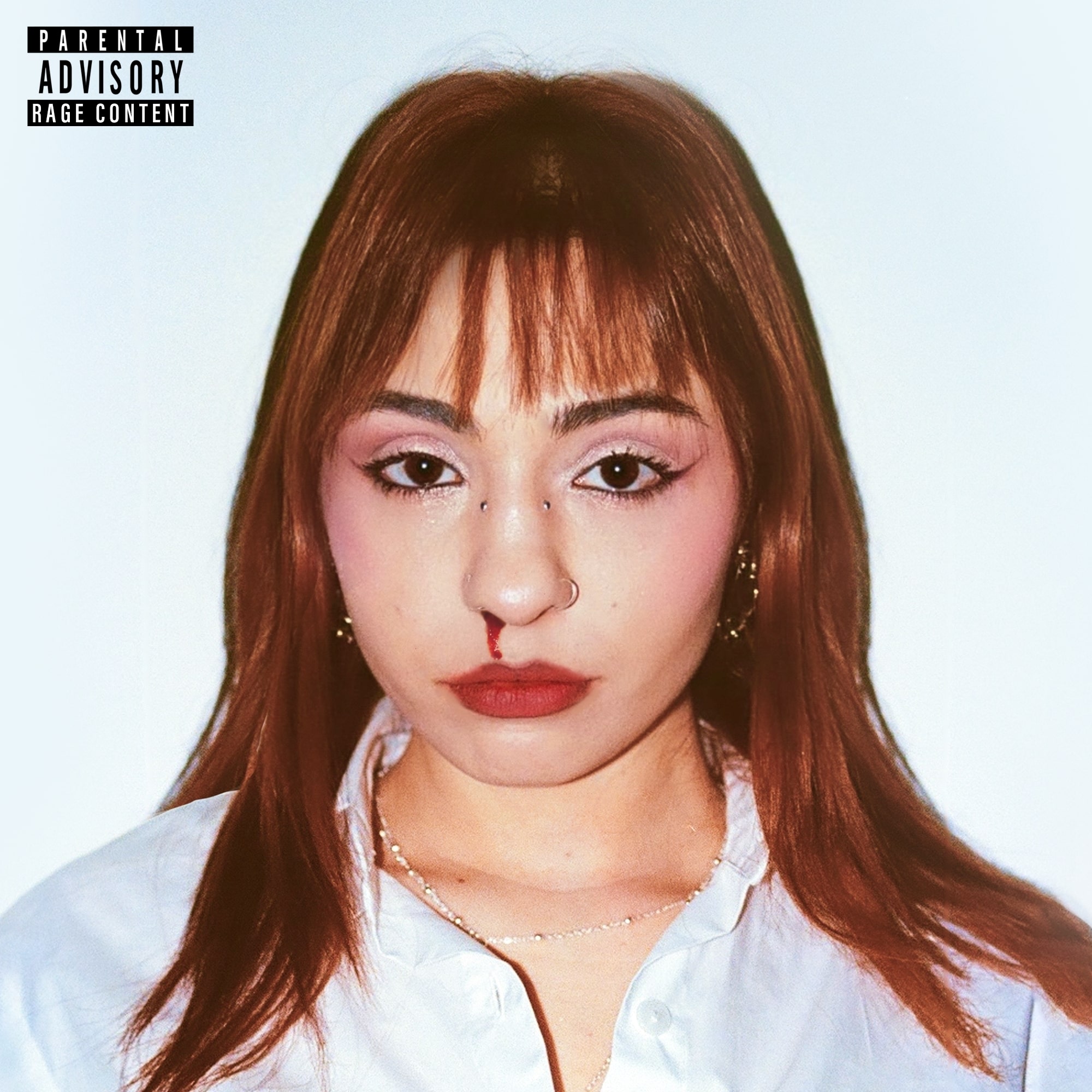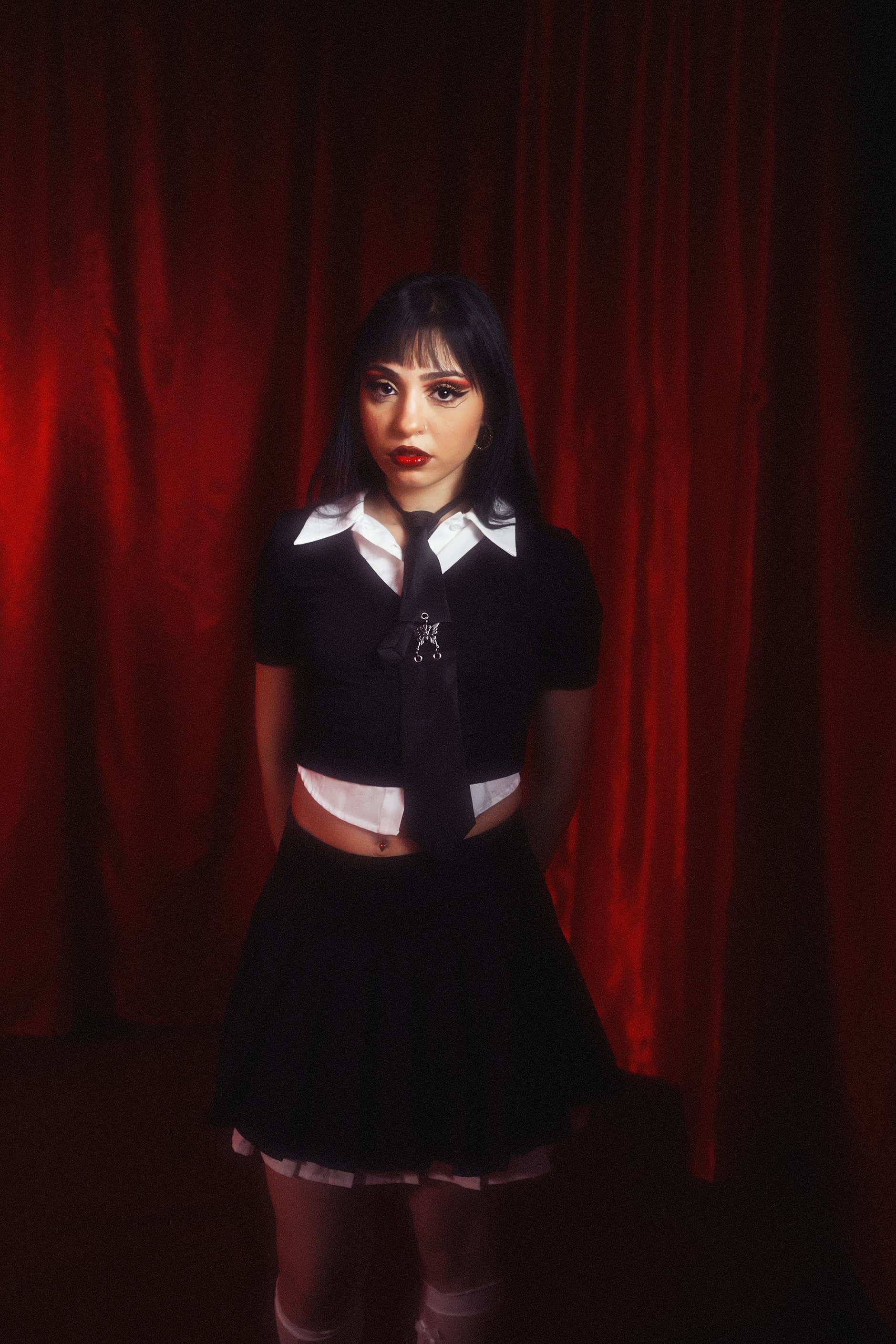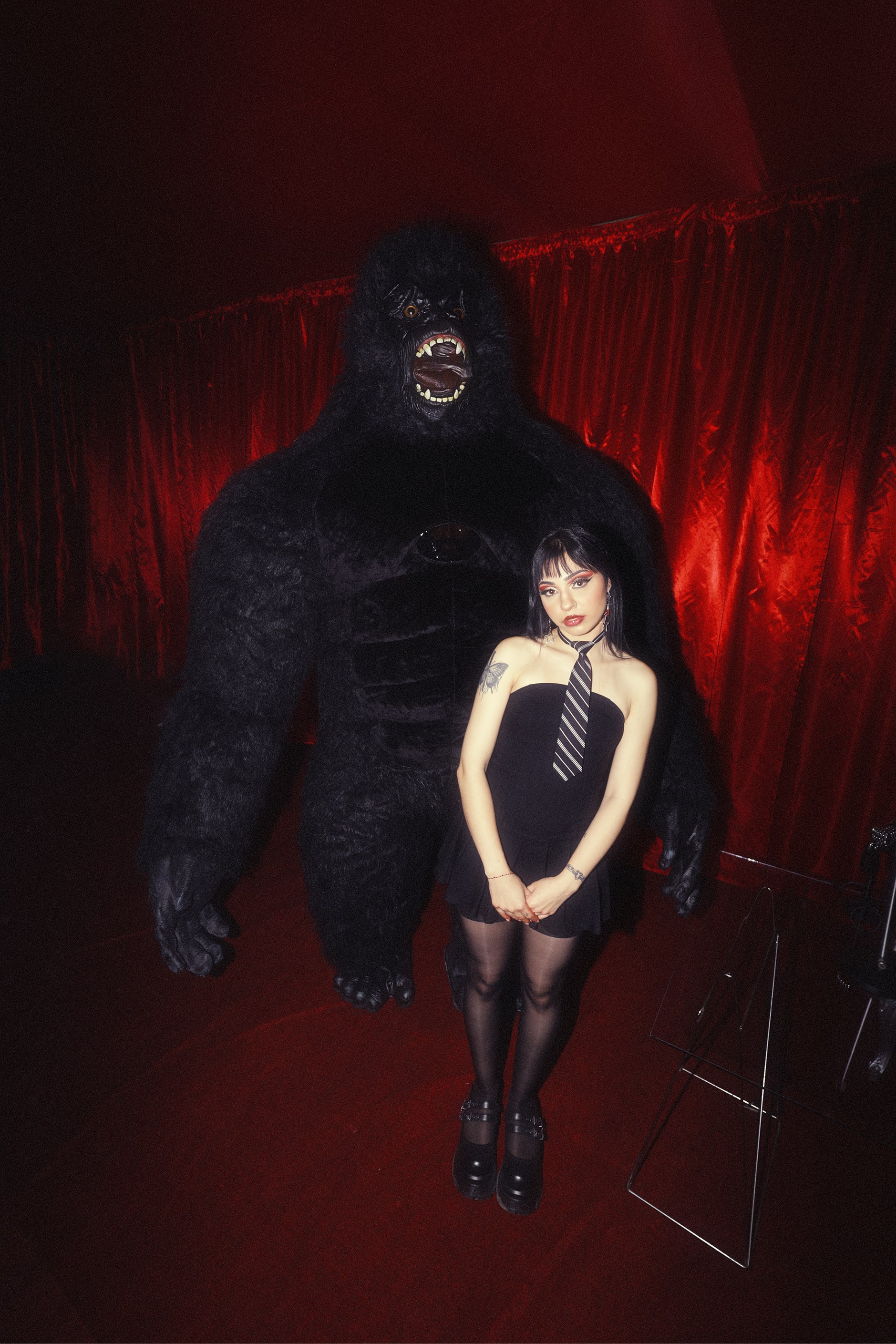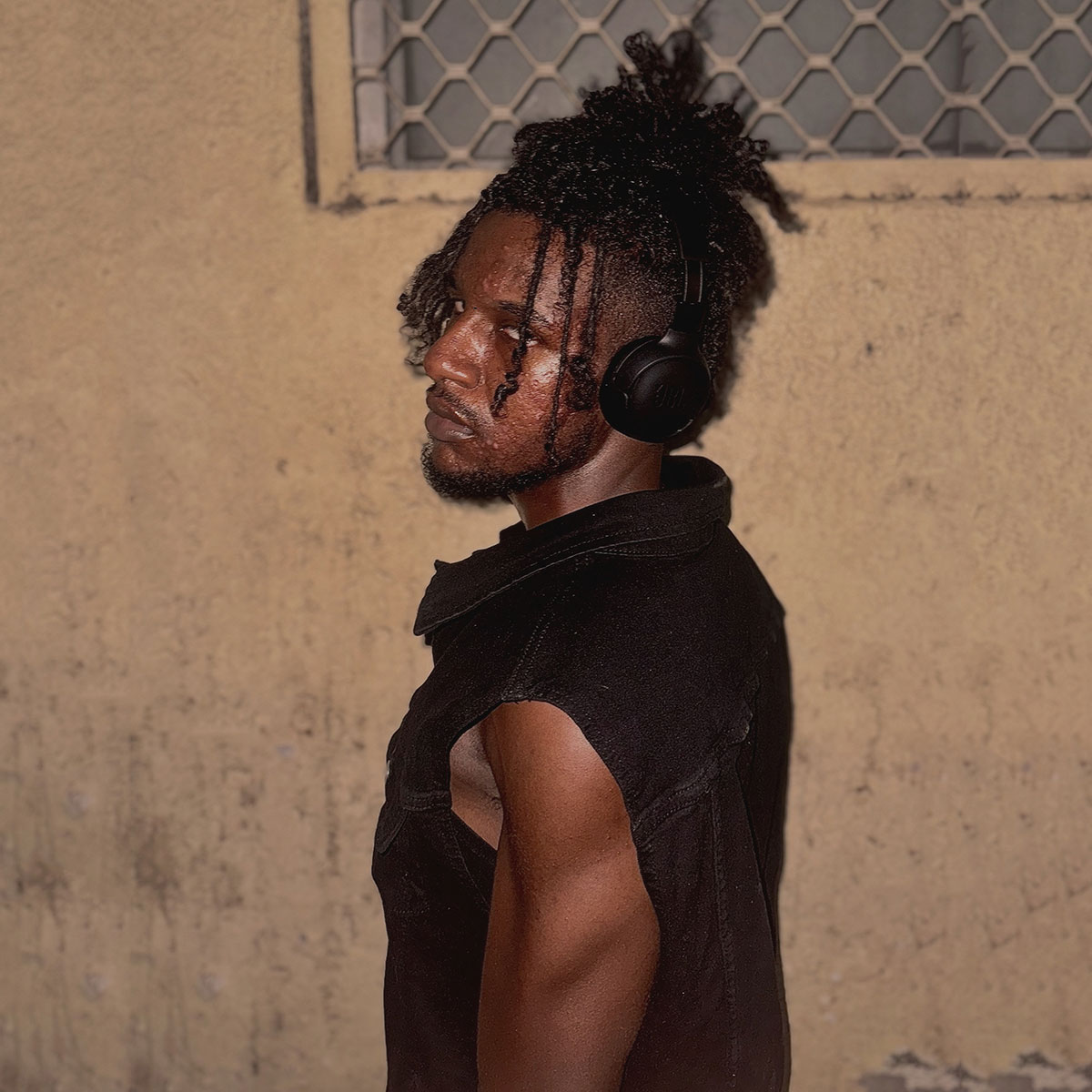There is nothing especially still about boredom in LAÏ’s world. If her album MALAL teaches anything, it is that inertia can be a form of psychological combustion.
"Boredom is the surface of something much darker: loneliness, detachment, even self-destruction," she says. The nosebleed on the cover art? "What’s inside is leaking out."

Born from two intense weeks of near-isolation, MALAL came together in just eight days. The process, as LAÏ puts it, was equal parts excavation and exorcism. "Recording MALAL felt like both documenting an emotional low and exorcising it."
The music video reflects that chaos. "It’s boredom spiraling into madness," she notes.
"I didn’t want MALAL to feel still."
The darkness is not a gimmick. Nor is the vulnerability performed. "All of my music is rooted in mental health," she says. "Everything I write comes from real struggles with anxiety, depression, identity."
If there is anything LAÏ refuses to be, it is nonchalant. "Music should make space for those emotions, not hide them," she insists. Malal, after all, means apathy—but what she delivers is anything but.

And what a sound. Genre, in LAÏ’s universe, is a sandbox—not a contract. MALAL moves from alternative pop to cinematic balladry, layered with lyrical directness that reads less like radio writing and more like diary entries set to synth. The intimacy is by design.
"MALAL is a conversation with different versions of myself—past, future, and the parts I’m still trying to understand," she explains. Each track contains references to failed relationships, failed plans, self-sabotage, uncertainty, and hope—or what might better be called post-hope realism.
The emotional stakes went live at Cairo Jazz Club 610, where she performed. "My shows are all about catharsis," she says.
"Connecting with my fans and hearing how my music helps them cope keeps me going."
As for legacy, LAÏ is both precise and disarmingly open. "I hope people remember MALAL as something timeless — so personal it felt new, maybe even ahead of its time."
The IFPI reported that in 2022, MENA’s music market grew faster than any region globally, with a 23.8% increase in revenue. That growth might explain why projects like MALAL are landing harder and resonating wider.
LAÏ’s music, like her persona, resists easy translation. There is a self-styled minimalism here, sans self-erasure. If you want platitudes, look elsewhere. If you want a pop record with teeth—and a pulse that accelerates and falters with equal honesty—Malal is in session.
No stage name. No persona. Just a record of what happens when emotion stops asking for permission.

REGIONAL is musivv’s segment featuring Arab artists in the Middle East. Features under this segment are considered as submissions for nomination under this category in the Musivv Awards’ annual recognition.














